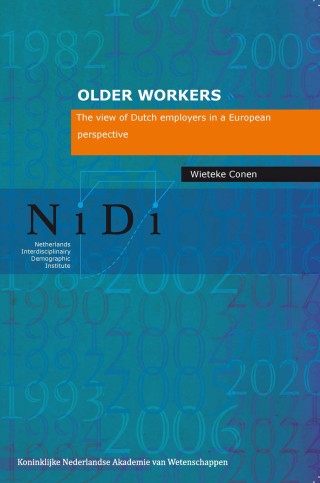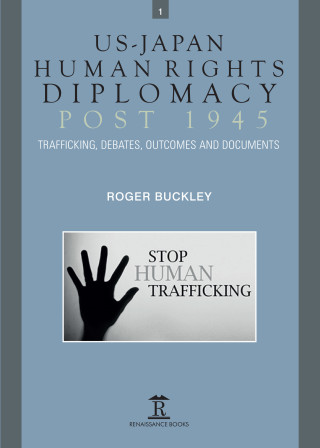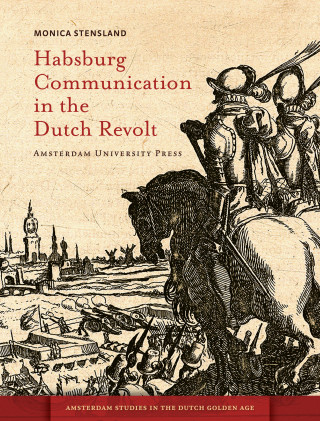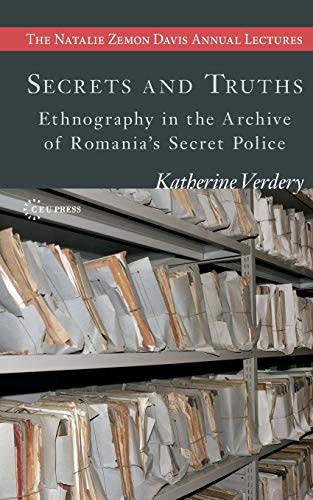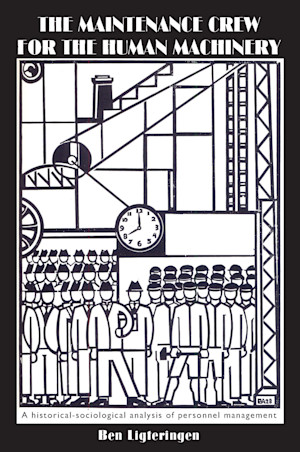
B. Ligteringen
The Maintenance Crew for the Human Machinery
The book, written as a doctoral thesis, examines the development of the personnel function in labour organisations. Starting from a history of personnel management in the Netherlands during the second half of the 20th century, it analyses the structural transformation in the societal-economic environment from which originate far-reaching changes in employee relations.
The transformation from the post-war model of guided capitalism towards its neo-liberal variety has serious consequences for intra-organisational power relations which result in a one-sided articulation of interests. This erodes the moral fabric of the labour organisation as a social institution. In this context special attention is paid to the wide-spread erosion of corporate ethics in the 21st century.
The intensification of the labour process - a consistent phenomenon in industrial capitalism – has got a new impulse, due to the lack of countervailing power within an eroding system of labour relations as well as to superior production techniques and technologies.
These tendencies have a deteriorating effect on the substance of the personnel discipline, ending up in a loss of function.
The transformation from the post-war model of guided capitalism towards its neo-liberal variety has serious consequences for intra-organisational power relations which result in a one-sided articulation of interests. This erodes the moral fabric of the labour organisation as a social institution. In this context special attention is paid to the wide-spread erosion of corporate ethics in the 21st century.
The intensification of the labour process - a consistent phenomenon in industrial capitalism – has got a new impulse, due to the lack of countervailing power within an eroding system of labour relations as well as to superior production techniques and technologies.
These tendencies have a deteriorating effect on the substance of the personnel discipline, ending up in a loss of function.
Author
- Title
- The Maintenance Crew for the Human Machinery
- Author
- B. Ligteringen
- Price
- € 54,95 excl. VAT
- ISBN
- 9789085550808
- Format
- Paperback
- Number of pages
- 292
- Language
- English
- Publication date
- 06 - 03 - 2013
- Dimensions
- 156 x 234 cm
- Series
- Pallas Proefschriften
- Category
- Sociology and Social History
- Discipline
- Social and Political Sciences
THE MAINTENANCE CREW FOR THE HUMAN MACHINERY - 4
Contents - 6
Introduction - 7
PART I. THE SUBJECT AND HOW TO DORESEARCH ON IT - 28
1. How Personnel Management Changed in theNetherlands - 28
2. Research philosophy:The case for qualitative research - 82
PART II. THE HEART OF THE MATTERAN ESSAY ON THE DIVISION OF LABOURAND MANAGERIAL POWER - 97
3. The Origins of Managerial Control - 97
4. The division of labour and social cohesion - 114
PART III. STRUCTURE AND IDEAS ECONOMIC DEVELOPMENT AND MANAGEMENT IDEOLOGY IN THE 20TH CENTURY - 151
5. Guided Capitalism and Beyond - 151
6. The Inside and Outside of Work - 180
7. The ideology of management - 258
PART IV. PAST, PRESENT AND FUTURE - 279
8. A radical theory on personnel management - 279
9. The End of HRM: Two Scenarios - 287

